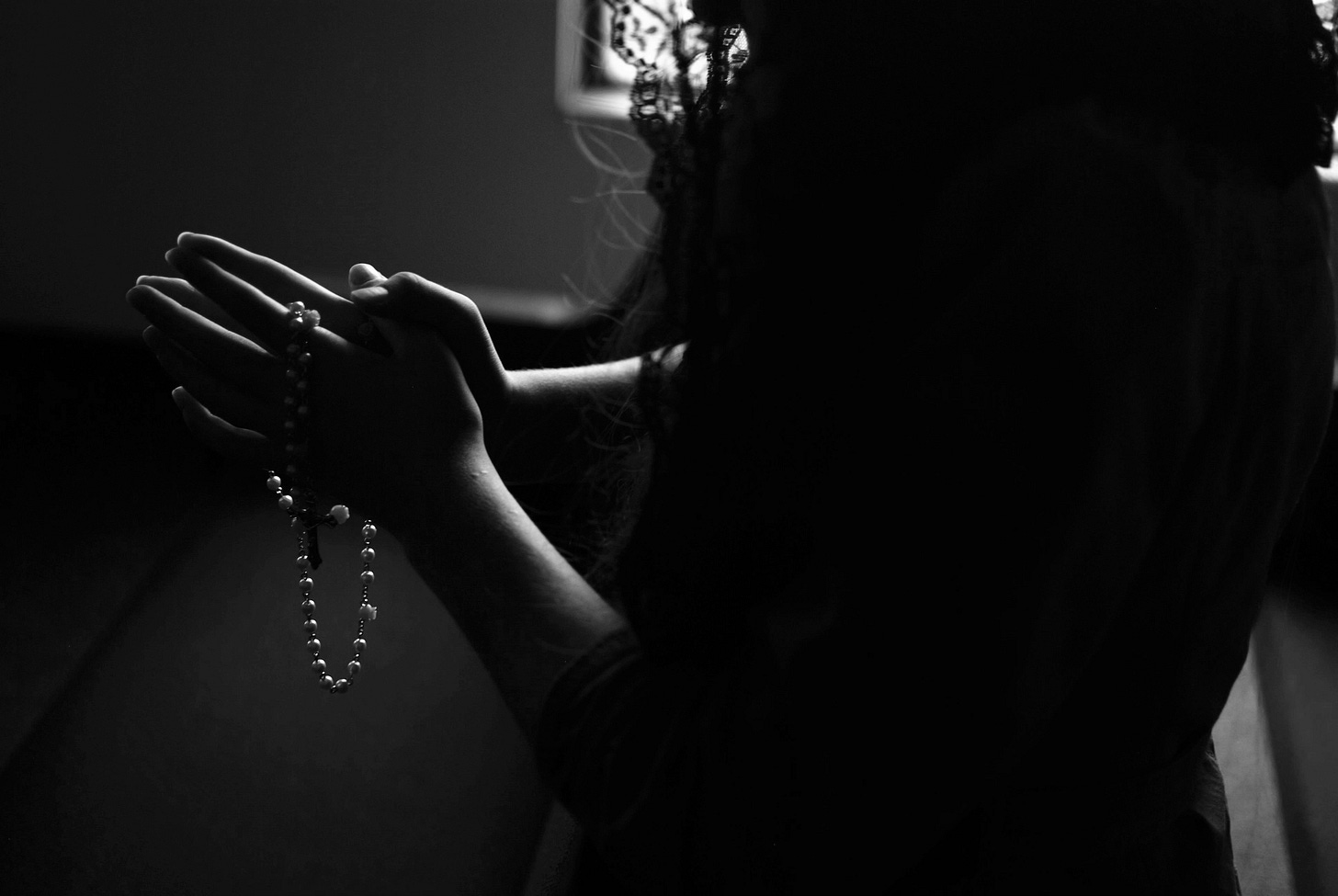Spirituality vs. Religion: What’s the Difference (And How It Can Change Your Life)

An old saying goes: What's the difference between spirituality and religion? Religion is for people who are afraid of going to hell. Spirituality is for people who have already been there.
Many people assume spirituality and religion are interchangeable. But while they overlap, they are not the same.
In this issue of the Potential Paradox, we'll break down the key differences, how they shape belief, and why understanding them can transform your personal journey.
Defining Religion vs. Spirituality
Religion is an organized system of beliefs, practices, and rituals followed by a group of people.
It is usually structured around sacred texts, doctrines, and institutions led by religious authorities such as priests, pastors, imams, rabbis, etc. Sacred texts may include the Bible, Quran, Torah, and Vedas.
Formal worship is usually carried out through church services, prayer times, fasting, and sacraments.
Religion also provides community, structured teachings, and clear definitions of right and wrong. This includes religious gatherings, rituals, and shared traditions--clearly defined teachings on morality, behavior, and the afterlife.
Examples of such religions include but are not limited to Christianity, Islam, Judaism, Hinduism, and Buddhism.
Spirituality, on the other hand, is more personal and self-directed.
It concerns itself with seeking a connection with the Divine, the universe, or a higher consciousness--without necessarily following an organized system.
The focus is put on inner experience, intuition, and self-discovery.
Most notably, spirituality can be practiced within or outside of religion.
Spirituality has no fixed rules since it focuses on personal beliefs shaped by individual experiences. The inner journey brings about personal growth, self-awareness, and mindfulness.
Certain practices, however, may include meditation, nature connection, energy healing, manifestation, and journaling. These practices often embrace the wisdom of multiple religions, philosophies, and personal experiences. Providing a flexible and inclusive outlet.


